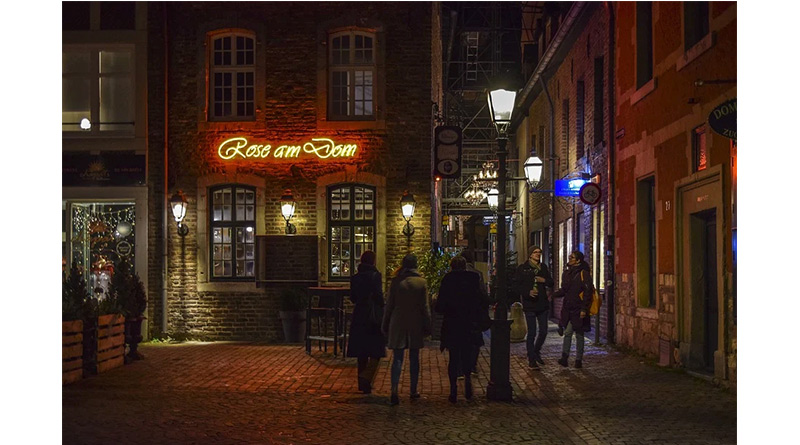Hospitality Ulster Experienced its “Worst Performance Ever” Over Christmas

Hospitality Ulster has published the latest trading survey covering the vital Christmas period which shows that the hospitality sector experienced its worst trading performance in living memory.
The latest data reveals that at least 1 in 2 members saw sales fall by more than half in the week after Christmas.
The extent of the impact continues to widen and deepen, with more than twice as many members reporting a decrease in beverage and food sales of more than 50% in the week commencing December 27 compared to the November 15, which is when the Covid pass was first introduced to NI.
The deterioration over the New Year when the restrictions came into place are particularly noticable in terms of the significant increase in the share of members reporting sales down by over 70% compared to the same week in 2019.
This is even higher for accommodation sales with 44% of hotels reporting that sales were down by over 70% for that week, reflecting a significant down turn also in food and beverage sales.
The organisation says it is disappointed that a £40m payment fund designed to support hospitality businesses affected by new Omicron restrictions announced in the run up to Christmas has been delayed by a week.
Colin Neill, CE, Hospitality Ulster said: “This has been the worst performance for the hospitality sector in living memory. The trading position has continued to deteriorate and the last seven to eight weeks has possibly been the worst period in the entire pandemic. This should have been the time of year that trade is swift, but it has almost ground to a halt due to the restriction and fear of the spread of the Omicron variant.
“Time is of the essence as further debt is building in the early months of the new year. In normal circumstances a good Christmas period would have taken care of the vast majority of the bills, however this was not the case last year, and certainly not the case this year. It is evident that financial support and a dedicated recovery strategy is now vital as we are in a period of market failure, facing the potential collapse of many businesses.
“Whilst it is disappointing that the latest financial support package has been delayed, we are in regular contact with government officials and are hopeful that the much needed financial assistance will be distributed to business owners across the hospitality sector in the next couple of weeks.
“We will meet with the Economy Minister to highlight the need to include hotels in the latest round of financial support, as many are food and beverage led, and are suffering the same impact of market failure. We are also working with Government officials to secure additional financial support for nightclubs that are now legally required to close.
“As soon as the infection rate peaks, the Executive must make the decision to remove the punitive restrictions and support the industry as it rebuilds over the coming months and years.”
Mr Neill is now calling on the Executive to provide the crucial grant assistance.
Details of the scheme were supposed to be published earlier this week but the Department of Finance says this will now not happen until next week.
Grants of between £10,000 and £20,000 will be available to more than 3,200 eligible businesses.
Eligible businesses include nightclubs, restaurants, cafes, coffee shops, bistros, snack bars, pubs/bars, social clubs or private members’ clubs.
